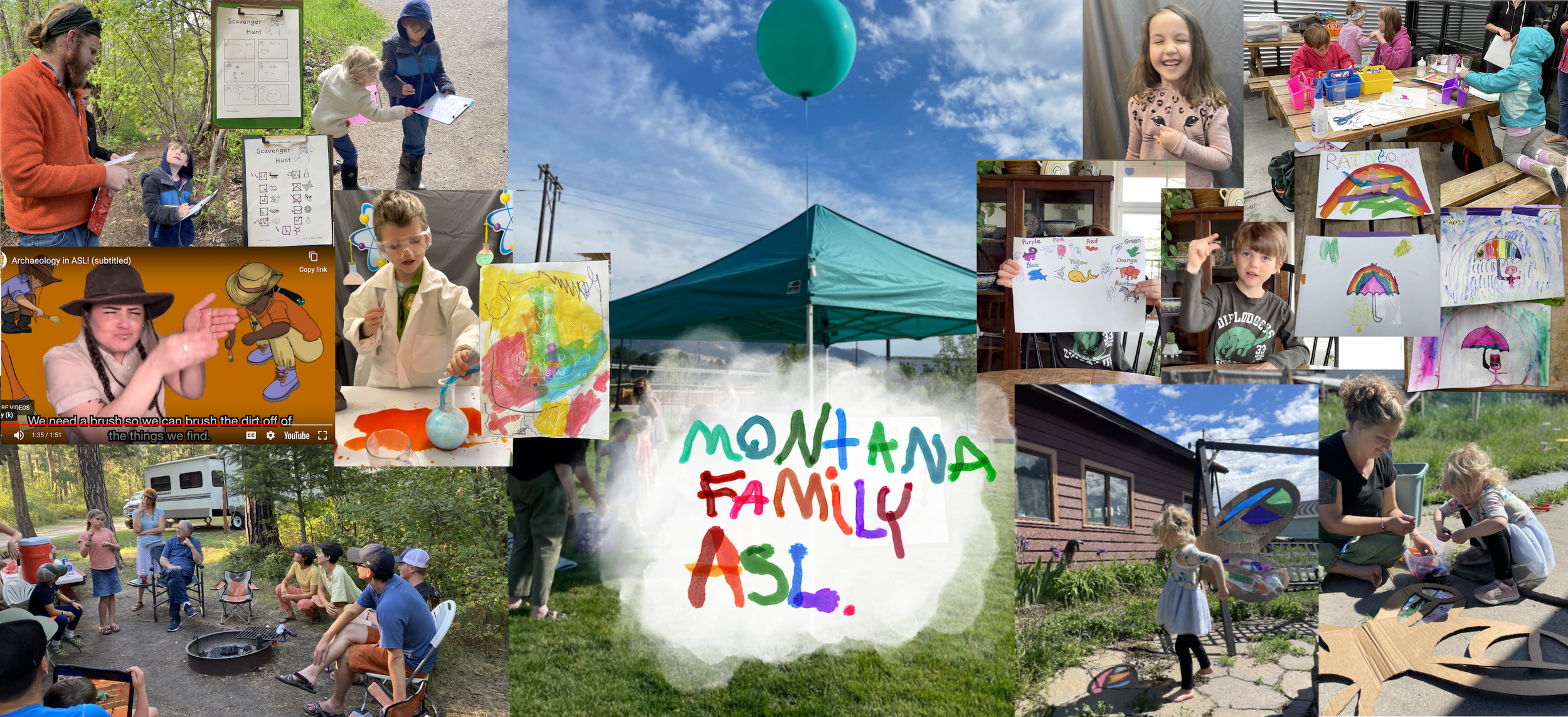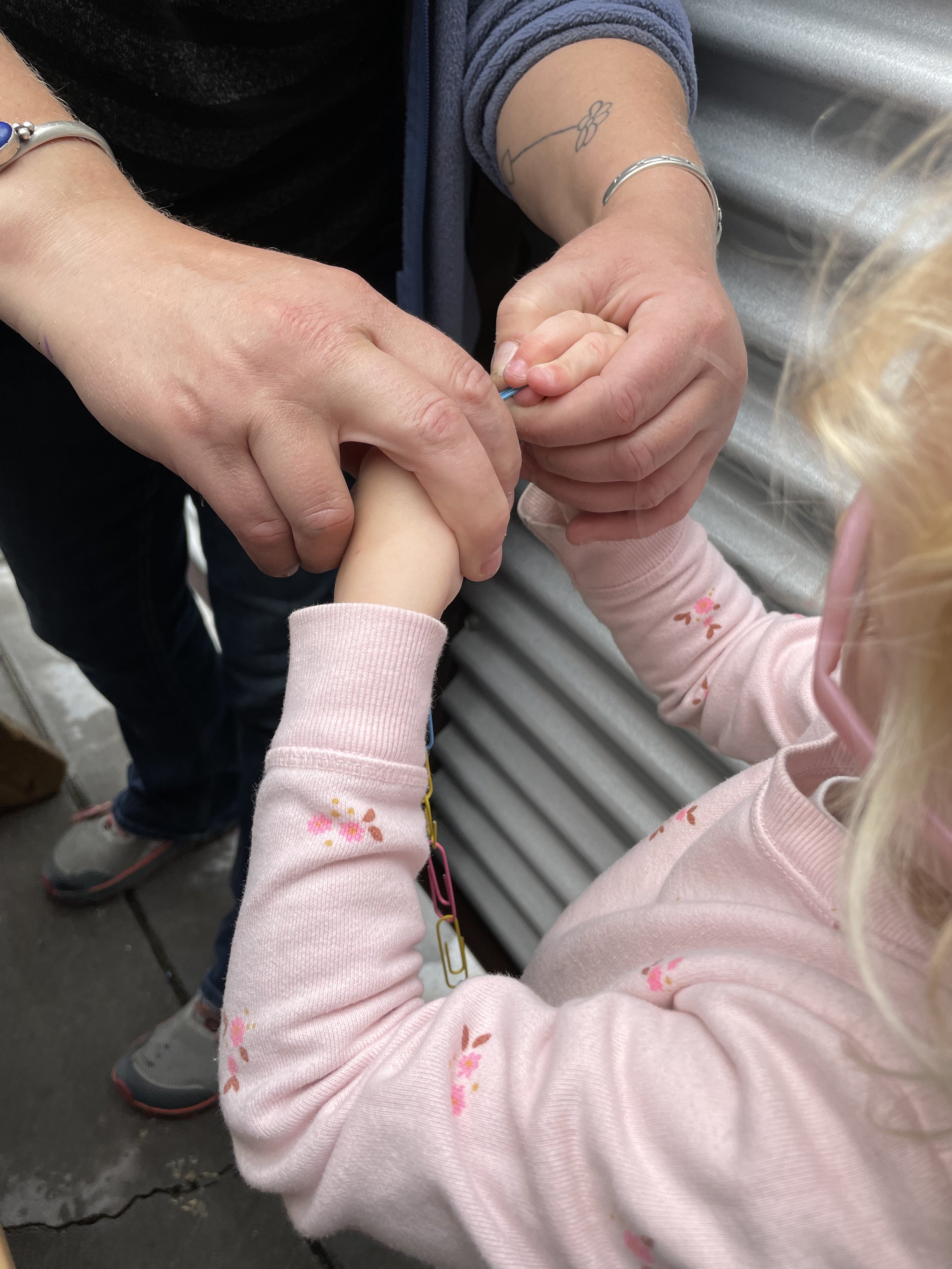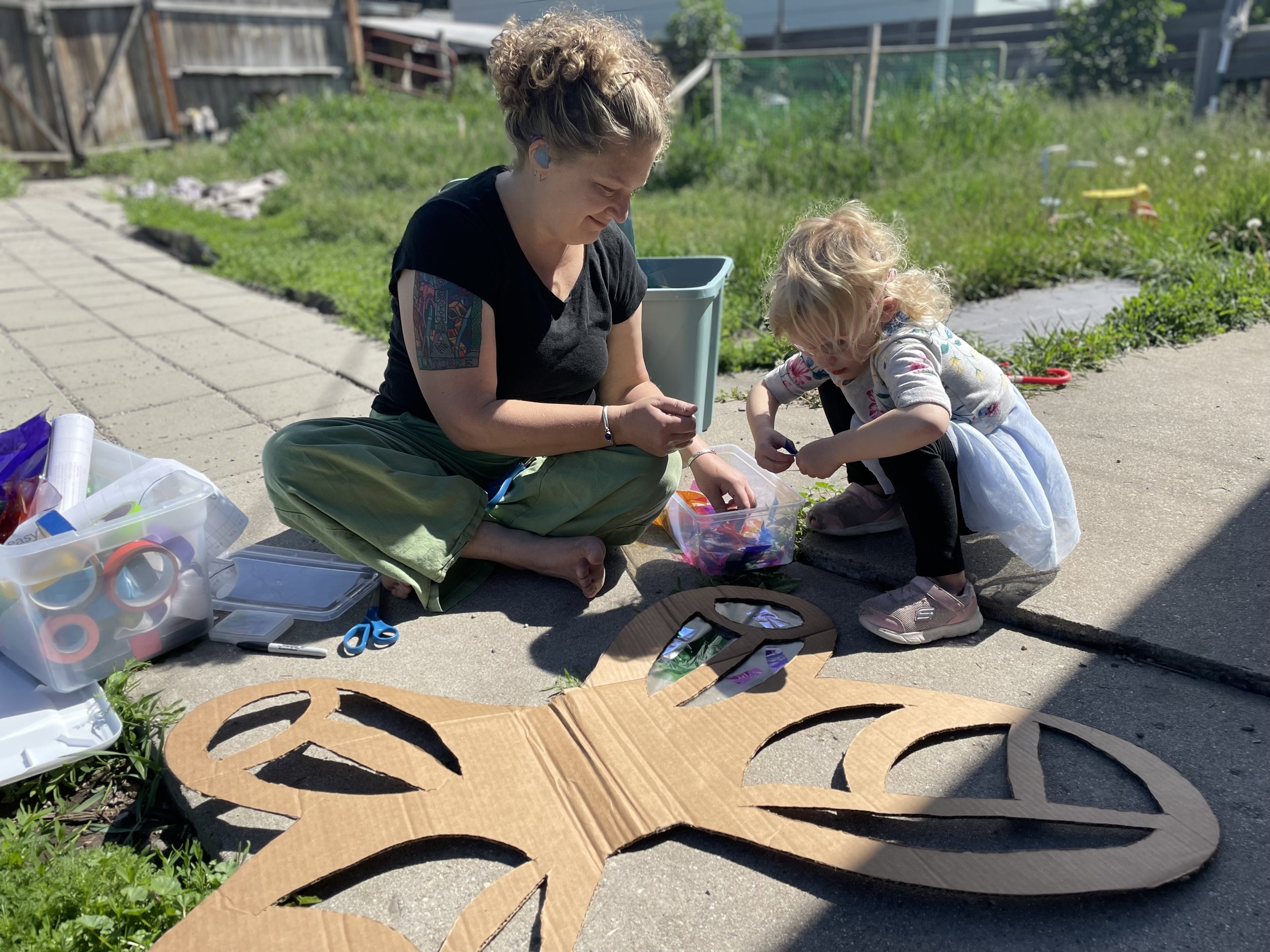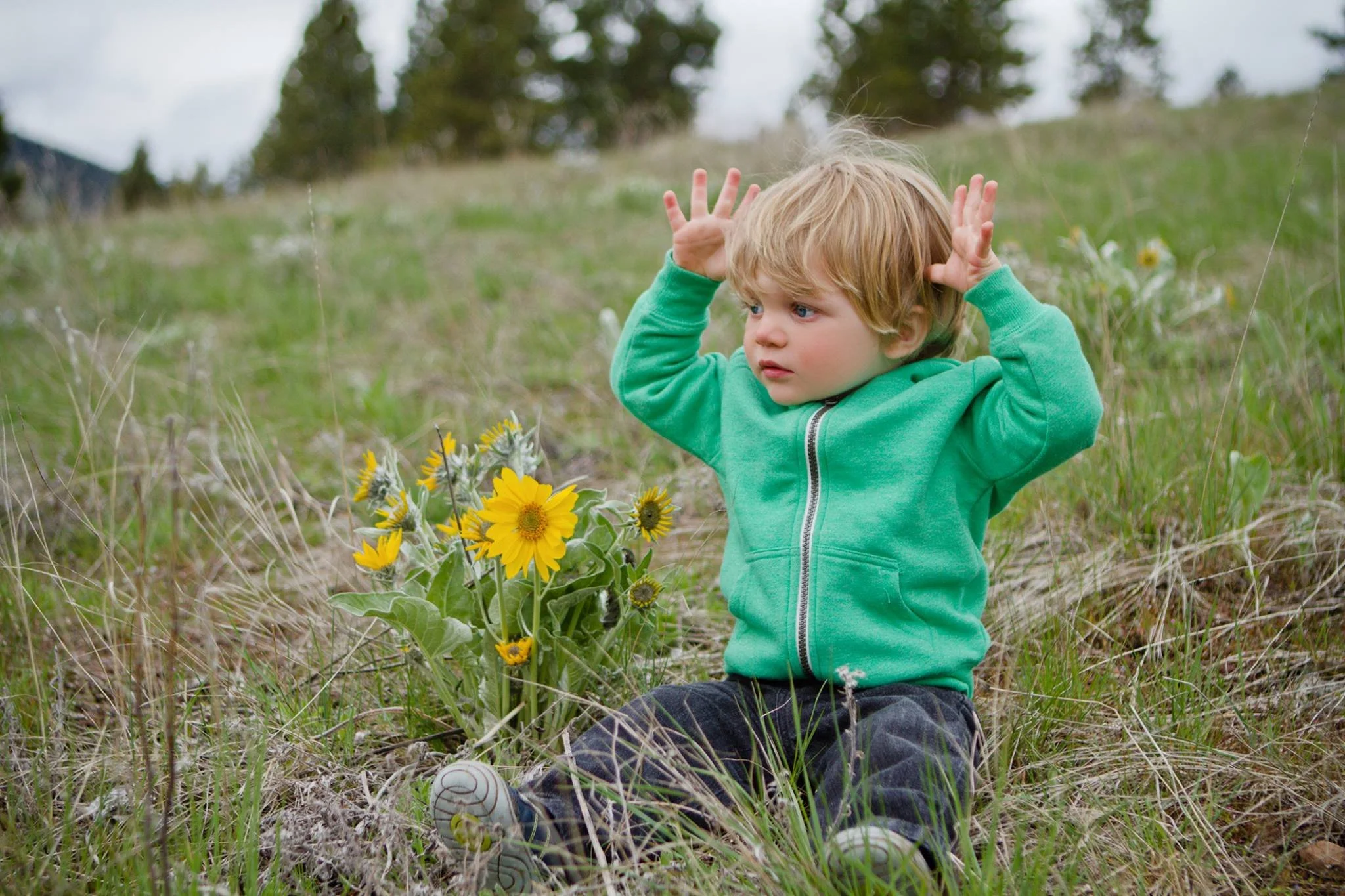About MTFASL
Montana Family ASL supports deaf* children and their families in accessing the information and resources they need to become bilingual ASL/English families with strong ties to local and national deaf communities. We’re based in Montana but we’re thrilled to connect with families and resources wherever they are.
*We use “deaf” as inclusive shorthand for deaf, hard-of-hearing, DeafBlind, deaf/disabled, and everyone else on the deaf spectrum. Do you use ASL for other reasons? Drop us a line!
Montana Family ASL is a program of Conservatory ASL Northwest (C.A.N.). C.A.N. is a 501(c)(3) nonprofit organization dedicated to facilitating knowledge sharing and social interactions in American Sign Language in the American Northwest. C.A.N.’s federal ID number for donations is 83-3489128.
Thank you so much for your support! Together we CAN!
Mission Statement
Montana Family ASL provides language support and resources for deaf* kids and their families.
Statement of Purpose
Montana Family ASL is a deaf-led organization that works to promote sign language acquisition and access for families with deaf and hard-of-hearing children throughout Montana and around the country. We work to prevent and remediate language deprivation in deaf and hard-of-hearing children by providing language instruction, parent coaching, advocacy, and other services in rural and/or underserved areas. Ultimately, we want to see deaf and hard-of-hearing children and their families be fluently bilingual in both ASL and English, with families raising children who are happy members of both the deaf and the hearing communities.
What We Do
-
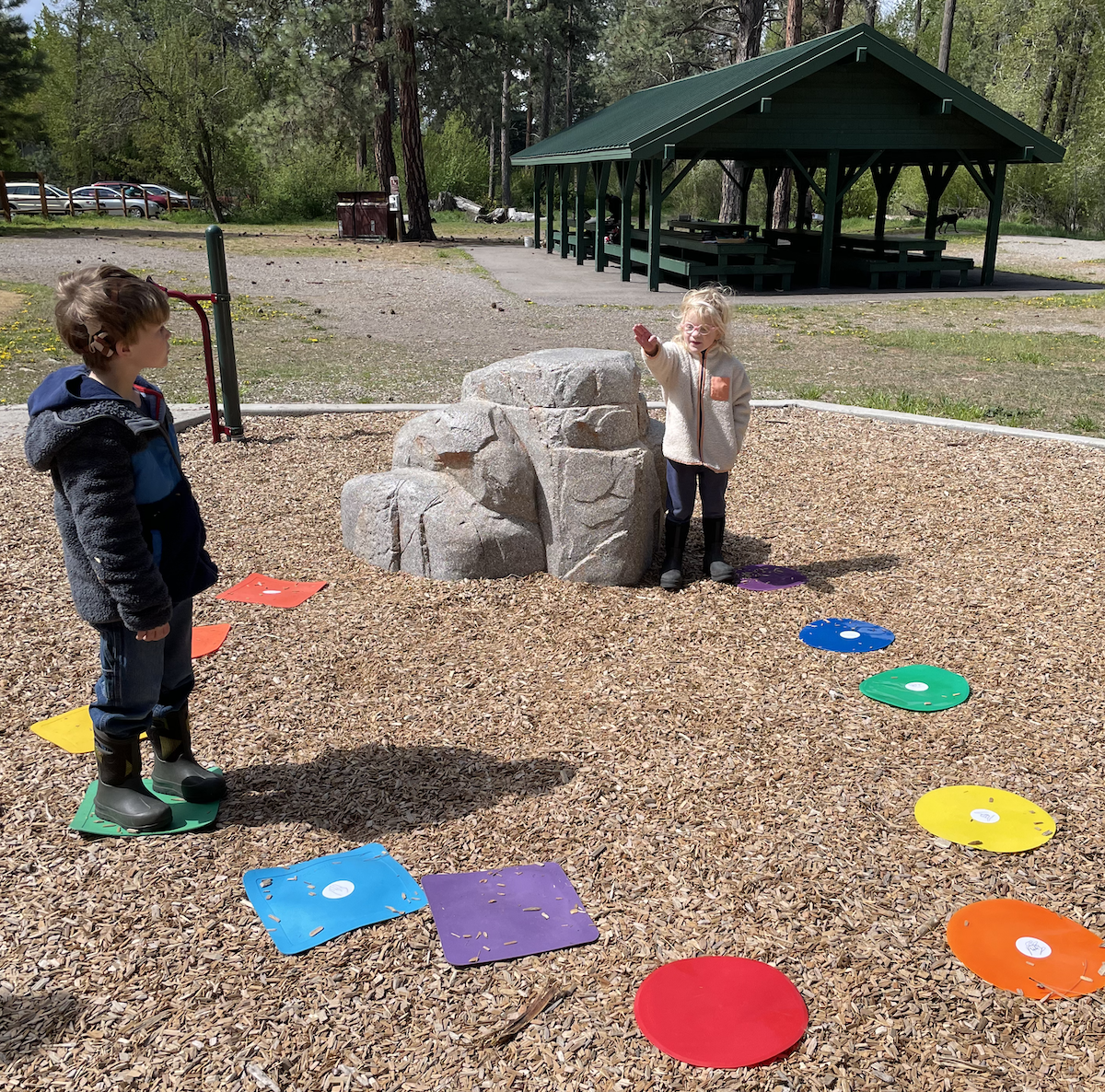
Play to Learn/Learn to Play
Online and in-person parent coaching to get your family playing games and doing activities designed to promote ASL skills; individual language support for children.
-

Community Events
In-person events for deaf kids, families, and the signing community. Play games, socialize, meet other families, and chat with experts.
-

Resources
Advocacy, support, connections, information, and advice for parents. We’ll help you sort through red tape, contact qualified professionals, figure out IFSPs and IEPs, and make plans to develop language skills for everyone in your family.
Why We Do It
Deaf and hard of hearing babies and toddlers are in a special situation. The language that their parents and other caregivers use might not be fully accessible to them. Because of this, deaf and hard-of-hearing children have an especially high risk of language delays or language deprivation. Language deprivation occurs when a child doesn’t fully acquire any language, and it has devastating life-long effects. Numerous studies show that the best way to make sure deaf children acquire language on time is to use a bilingual approach, providing rich language models and conversations in both English and ASL, beginning as early as possible.
The first few years of a child’s life are crucial for language development. If kids don’t get early exposure to accessible language, it’s very hard for them to catch up later. This is true for everybody, but most of the time babies acquire language without their parents having to do very much work. Most of that process happens by the time a child is age 3 or 4 years old. As long as parents and other caregivers talk to each other, and to the child, that child will figure out how to speak whatever language she’s exposed to.
Some families are lucky enough to live in areas with large populations of deaf people, and they can provide access to ASL (and learn it themselves) by joining the local deaf community. In Montana and many other remote or rural areas, deaf children often live far from any active deaf communities, and their families are often unable to access ASL resources like classes, signing playmates, fluent signing language models, qualified professionals, interpreters, and deaf mentors. Montana Family ASL provides support and resources for families with deaf children who don’t have access to a local deaf community.
Who We Are
-

Cecily Whitworth, PhD
Cecily Whitworth, PhD
-

Caitlin Stueve
Caitlin Stueve, M.A. CCC-SLP
-
Bobby Cox
-
Amanda Fudge
CAN liason


